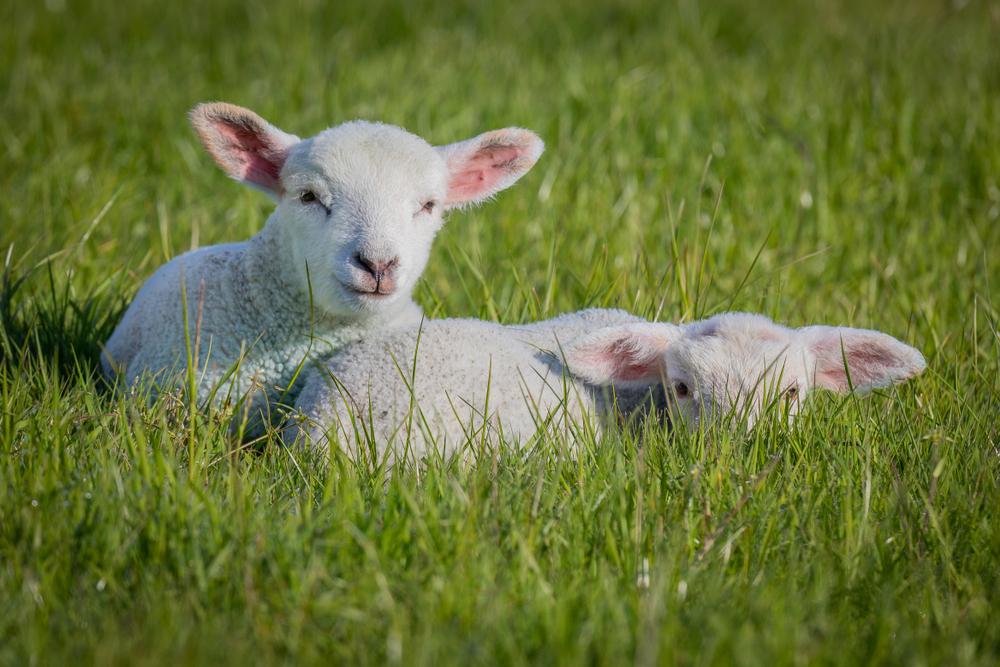
Lambing season inevitably leaves farmers with orphan lambs, who require careful attention and care to ensure they are nourished and given the best start in life, despite being motherless. Here are a few tips and recommendations to help you through this busy season on the farm!
Once lambing starts, maintain a dating system within the lamb flock, marking them with their birthdate to keep effective records. Following the guide of 50ml per live weight each feed, ensure colostrum is delivered quickly to the lambs as soon as possible once they are born, to deliver essential nutrients and energy for the first hours of their life.
The health of newborn lambs is paramount, as they are born with no immunity. Therefore, keeping pens warm, dry, draught-free and clean is of utmost importance. Any disease or weakness through bacteria will inhibit development and growth. Development of the digestive system plays a significant part in the weaning process, so when the milk is removed from the lambs’ diet, the energy requirements can be quickly matched through consuming solid feed alone.
When it comes to weaning time, it is advised to wean lambs abruptly as opposed to diluting milk replacer after hand rearing. This maintains optimum performance and growth in lambs, minimising and preventing any growth setbacks over the transition to solids.
However, it’s very important to ensure the lamb is eating solids and drinking water before weaning takes place. Lambs should have been eating solids like creep (approximately 250g) for at least 3 days – industry experts recommend 10 days prior to weaning. It’s also recommended that lambs should be a minimum of 2.5x their birthweight, and at least 35 days old. This is where the dating system comes in handy!
Here at StowAg, we stock a range of ewe milk replacer as well as creep feed, nuts and coarse mix (all available for delivery FREE within 50 miles!). Our qualified SQP's recommend Shine's Ewe-reka Ewe Milk Replacer for its superior performance and quality.
If you’re unsure which feed is right for you, or would like recommendations and advice around animal health at this crucial time, get in touch with our SQP-accredited animal health experts.
